What do you know about interstitial cystitis?
Susun Weed’s response:
Interstitial cystitis is a chronic inflammation of the space between lining of the urinary bladder and its muscle. Soothing herbs such as slippery elm and marshmallow root, taken as teas, (not tinctures, not capsules), can help relieve pain and strengthen the bladder. I find comfrey leaf infusion (made by brewing one ounce of dried comfrey leaf in a quart of boiling water for 4 hours) an incredible ally in easing burning sensations in the bladder and vagina. You can drink it and/or use it as a sitz bath.
These powerful anti-inflammatory herbs, used as tinctures only, can make all the difference. Choose only one and work with it for at least a month.
- Osha root (Ligusticum porterii) tincture, 3-5 drops at a time, repeated up to four times a day, stops swelling in mucus tissues; try it if your belly feels heavy and full.
- Poke root (Phytolacca americana) tincture, 1-2 drops at a time and only once a day, has a special affinity for women and the pelvis; try it if your pain is cyclical.
- Black cohosh root (Cimicifuga racemosa) tincture, 10-15 drops, up to three times a day, is a menopause herb that is also an antispasmodic; try it if your pain that is sharp and stabbing.
- St. Joan’s wort (Hypericum perforatum), 20-30 drops, as many as six times a day, relieves nerve pain; try it if your pain is electrical.
Regular Kegel exercises (at least 100 per day) strengthen the muscles surrounding the bladder and, by increasing circulation of lymph and blood, tonify the bladder wall, reducing symptoms.
Relaxation techniques are quite helpful in relieving both chronic and acute pain from IC.
Most women with IC find some correlation between their symptoms and certain foods. This is highly individual, but the most problematic foods seem to be: avocados, bananas, cranberries, peaches, strawberries, tomatoes, tofu, fava beans, lima beans, nuts, vinegar, yogurt, sharp cheeses, some herbal teas, white flour products, and brewer’s yeast. Stimulants such as coffee, black tea, green tea, alcohol, tobacco, chocolate, and sex (even with oneself) may exacerbate symptoms, alas. Dyes and binders in most supplements aggravate symptoms, as do food preservatives, food dyes, carbonated sodas and waters, aspartame, and saccharine too.
Acupuncture treatments may relieve IC. Many practitioners insist that you come regularly for many months before expecting improvement. This is not true for those dealing with interstitial cystitis. According to one expert, Dr Matthew Lee, half of those who will experience relief will do so in three sessions, and 95 percent of those who will benefit will do so in six sessions.
Vaginal estrogen creams can reduce symptoms for some menopausal women according to MD Elizabeth Lee Vliet. She cautions that progesterone tends to inhibit formation of the protective lining of the bladder and is therefore contraindicated for women with IC.
Drugs such as Ibuprofen and prescription antidepressants such as Elavil, taken in small doses (10- 40mg a day at bedtime) can block pain, calm spasms, and decrease inflammation.
Avoid aspirin; it is associated with bleeding of the mucosal membranes, a potentially dangerous side effect for those with IC. Over-the-counter cold medicines, cough syrups, diet pills, or anything else containing drugs which increase the production of norepinephrine make IC worse.
Avoid treatments that deliver steroids, anti-inflammatory agents, or anti-clotting drugs by catheter directly into the bladder. Only half of the women treated will experience any lessening of pain, and only after 6 months to a year. Avoid urethral dilations which generally do more harm than good.
Women who have their bladder removed in hopes of removing the source of their pain frequently suffer from “phantom bladder” pain.
Women who have undergone hysterectomy find it aggravates the symptoms of IC. Nearly half (44%) of women with IC have had their uterus removed.
photos: Wise Woman Spiral ©iStockphoto.com / Chuck Spidell
References and Resources
Canadian Interstitial Cystitis Society, PO Box 28625, Burnaby, BC (V5C 6J4) Canada
The IC Network, 4773 Sonoma Hwy, #125, Santa Rosa, CA 95409
Interstitial Cystitis Association of America, Inc, 51 Monroe St, Suite 1402, Rockville, MD 20850
Vliet, Elizabeth Lee MD. Screaming to be Heard, Hormonal Connections Women Suspect and Doctors Ignore. M. Evans & Co. 1995
Chalker, Rebecca and Whitmore, Kristene. Overcoming Bladder Disorders: Compassionate, Authoritative Medical and Self-Help Solutions for Incontinence, Cystitis, Interstitial Cystitis, Prostate Problems, Bladder Cancer. HarperCollins, 1991.
DeMarco, Carolyn MD. Take Charge of Your Body. Well Woman Press, 1994.
Ford, Anne Tochon. “Living with Interstitial Cystitis.” A Friend Indeed, Vol. 16, No. 1, 1999.

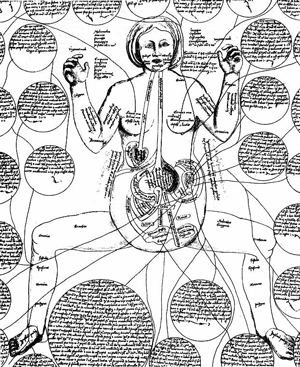

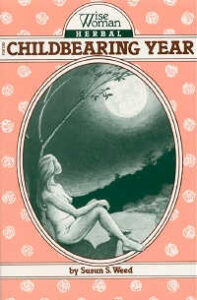
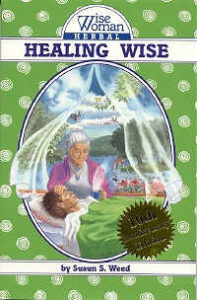
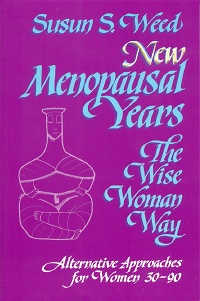
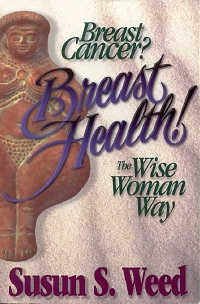
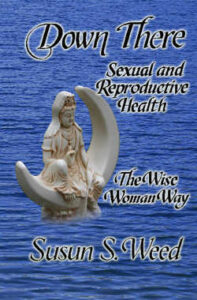
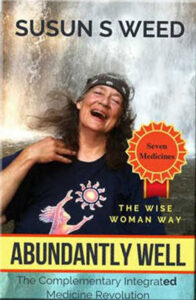



0 Comments